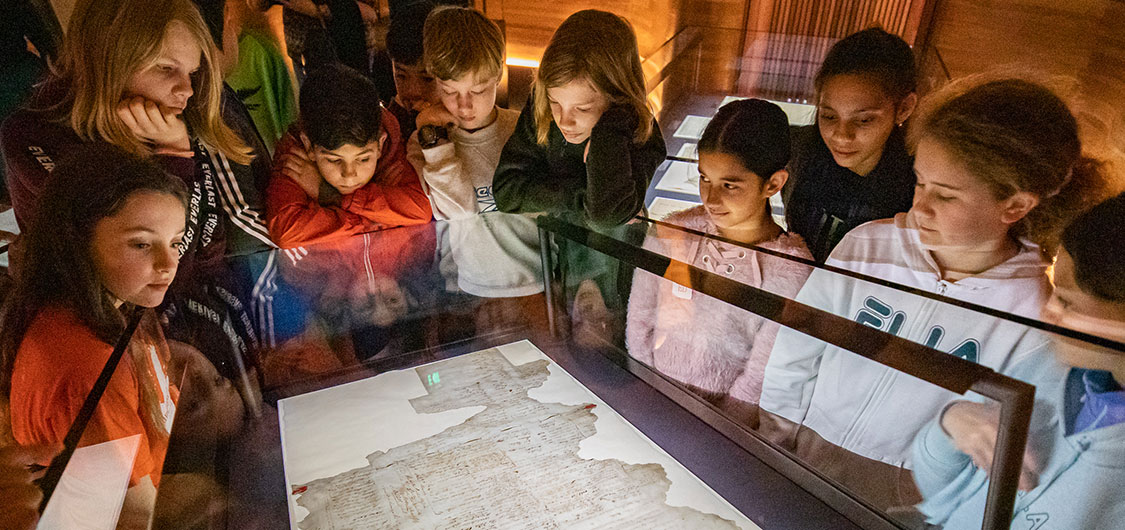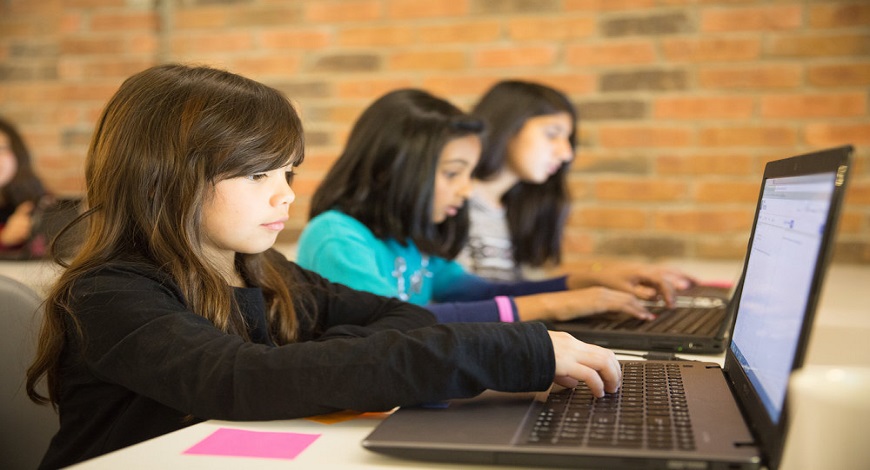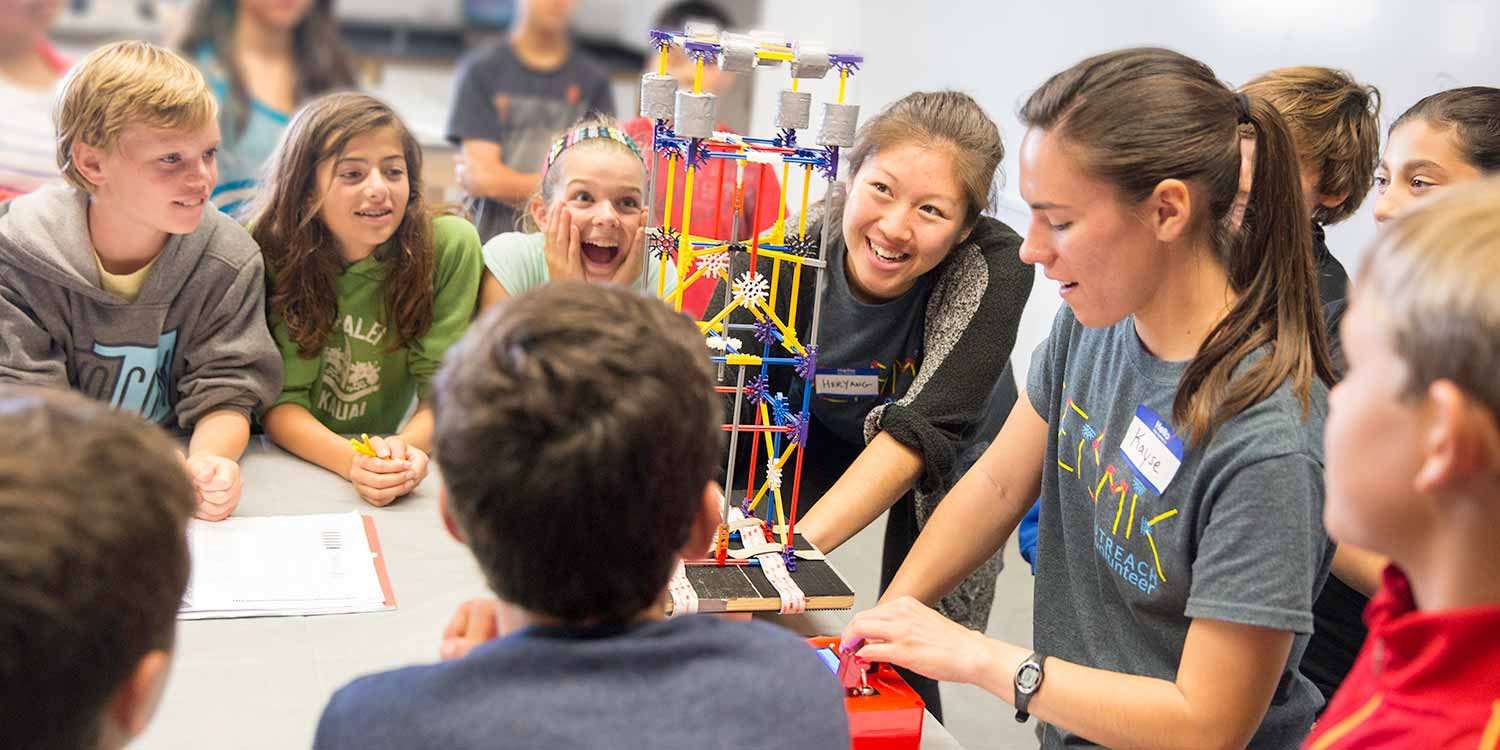Most teachers expect their students to work together whether that be by assigning them into groups or implementing the infamous rule of “ask 3 before me” which, in my experience, just led to a silent classroom. Teachers encourage students to work together to find the answers to what they need, so why do teachers not do the same? Why would some teachers insist on making their own lessons and worksheets from nothing or struggle to help a student in need without asking for advice? A teacher who does not collaborate is stunting their own growth as well as that of their students. In an article by Damon Torgerson, he describes the importance and benefits of teachers being active collaborators in their schools and districts and how teachers can promote collaboration amongst their peers.

So Why Should Teachers Collaborate?
- Changes the School Environment
Teachers are constantly stressed having to carry the weight of taking care of the next generation on their shoulders for half of their day, 5 days a week. It is very easy to become frustrating, lose your temper, not keep promises, and so on. When teachers work together, share their resources, and share their experiences with each other, they can start to build meaningful work relationships. When teachers can lean on and support each other, it changes how they come into work every day. Students can tell when their teacher is not “in it,” so do not be afraid to lean on someone who understands you if it will keep your classroom environment healthy

2. Reduces Stress and Teacher Burnout
As mention, once the work begins to pile up, teachers can very easily begin to drown. If they work together to support each other, they can begin to lift some of the stress off each other’s shoulders. Think back to when you were in school as a student. Part of the fun about being in school was seeing your friends and if you had a bad day at school, at least you saw them right? So why should it be any different as a teacher?

3. Sharing Your Strengths and Learning from Others
As a teacher, you are an expert in what you know and there may be other teachers in your school who need you. Maybe the math teacher wants to do a research project with students, but they are not sure how to get them started. If you are a Science, History, or English teacher you must have some knowledge about research projects to share, so share it. You could open the door for students to have unique cross content experiences and open yourself up to new ideas from people outside of your field.

4. Stay Up to Date
Education is always advancing with the use of technology and educators may not always have the time to research new methods of teaching or new websites to use in their lessons. It can be so easy to fall into a habit of “doing what works” and not “reinventing the wheel.” But there are so many ways to facilitate learning that can be engaging for the student as well as the teacher, so reach out to your colleagues and see if they know of anything that may be of interest to you. Create a Facebook Group where you can share links and ideas with each other quick and easy, so you do not fall behind on the trends.

5. Professional Development on Your Own Time
As mentioned, educators may not always have time to do research on new activities or questions they may have. They may not have time to wait until the next professional development meeting to ask the questions they may have to their peers or supervisors. Reach out for help when you need it. Be proactive and use your biggest most accessible resource, a.k.a. your peers, to help you along the way and I am sure they could use your help as well.

6. Improved Student Outcomes
As mention, students can tell when teachers are not doing well, are not passionate about their work, or are having trouble with other teachers. This ultimately does affect how they perform in your classroom and can actively discourage them from not only completing their work, but reaching out to their teacher for help. If teachers openly collaborate and create a safe and productive work as well as teaching environment, students will be encouraged to work together with their peers and teachers. Also by diversifying your own teaching methods and practices, you are creating a much more unique and enriching learning experience that can reach a broader audience and support all types of learners.

CLICK HERE TO VIEW HIS ARTICLE FOR MORE INFORMATION ON HOW TO EFFECTIVELY COLLABORATE AS AN EDUCATOR
Thank you for reading!
Follow me on Twitter at @IreneOrtiz001